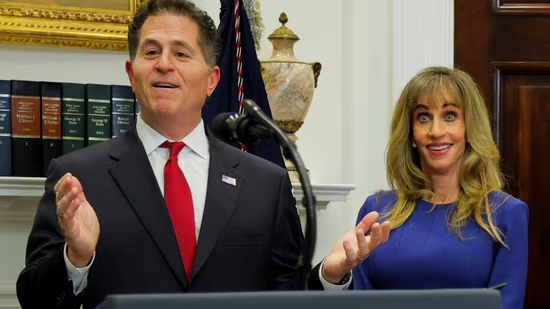Trump now seeks a steep tax on imported drugs, risking shortages and higher prices
- Alexangel Ventura

- Sep 1, 2025
- 2 min read
President Trump, after successfully implementing steep flat tariff rates and goods-specific tariffs on many major nations across the globe, is now proposing an even steeper tax on imported pharmaceutical products, risking higher prices and supply shortages across the nation.

As early as July, President Trump proposed up to a 200% tariff on pharmaceutical imports, one of the first of its kind. In fact, the drug sector has typically been duty-free for decades, with the president even exempting drug imports from many of his already enacted tariffs on foreign trade partners.
The President, also unlike his previous trade policies, provided a lengthy grace period of 12 to 18 months before full tariffs kick in, providing companies with the breathing room to stockpile inventory and begin investing in their domestic production to "evade the tariffs" as Trump has put it. Meanwhile, Trump for years in both terms and in the campaign, trail attempted to pressure companies to lower drug costs, such as insulin for seniors. While some of these were successful, Trump's new tariffs could reverse many of the same drug price declines he fought for and even to the reverse - increase prices in comparison to before, as we're seeing with steadily rising inflation months after "Liberation Day."
There is, however, one other tariff Trump implemented that added tariffs to imported drugs: a 15% import duty on pharmaceuticals from the European Union. However, this measly 15% compares to the president's desire for an up to 200% tax.
The administration has allegedly used Section 232 of the Trade Expansion Act, a national security justification, to warrant the implementation of these tariffs with "legal durability," however this still remains in question as the admin. faces lawsuits very frequently regarding their legal ability to employ the use of tariffs without legislative approval.
In regard to the economic aspect of the president's plan, Diederik Stadig, a Heathcare economist at ING, responded to the proposals by stating, "A tariff would hurt consumers most of all, as they would feel the inflationary effect… directly when paying for prescriptions… and indirectly through higher insurance premiums… lower-income households and the elderly would feel the greatest impact."
Also, according to AP News, Maytee Pereira of the tax and consulting firm PwC describes the drug tariff as "shock and awe," elaborating by stating, "This is an industry that’s going from zero (tariffs) to the potentiality of 200%."
It is evident based on reports from experts that prices will rise in the drug industry, but proposals are still subject to change. Even a smaller tariff, like a 15% rate similar to the EU's, could still lead to significant inflationary effects on the economy and, ultimately, consumers. And companies may not have the ability to import drugs en masse from overseas, leading to mass supply shortages.









